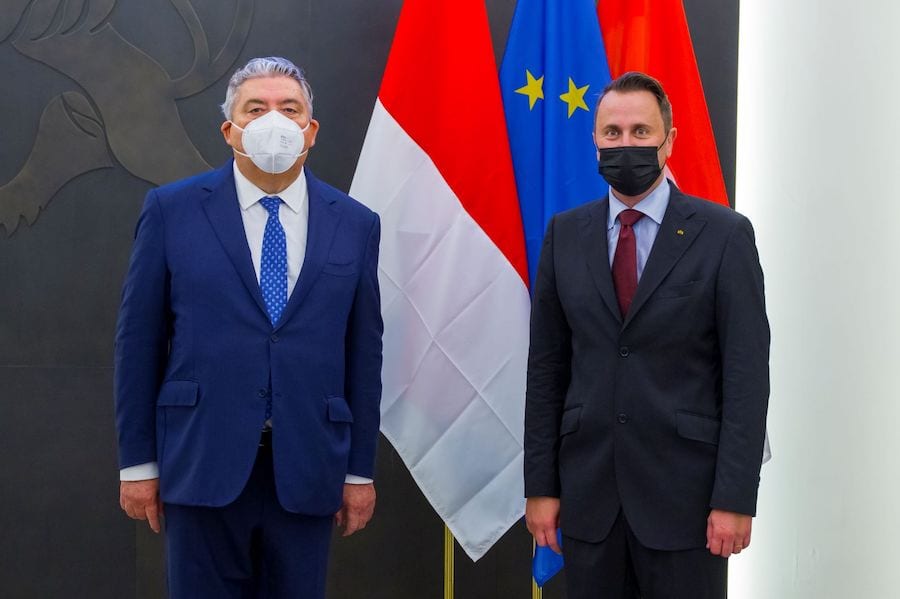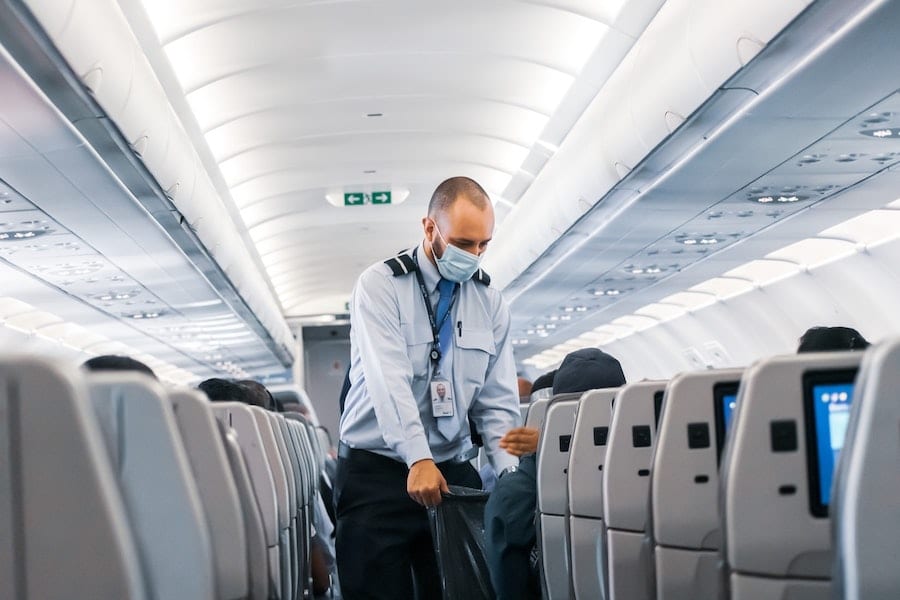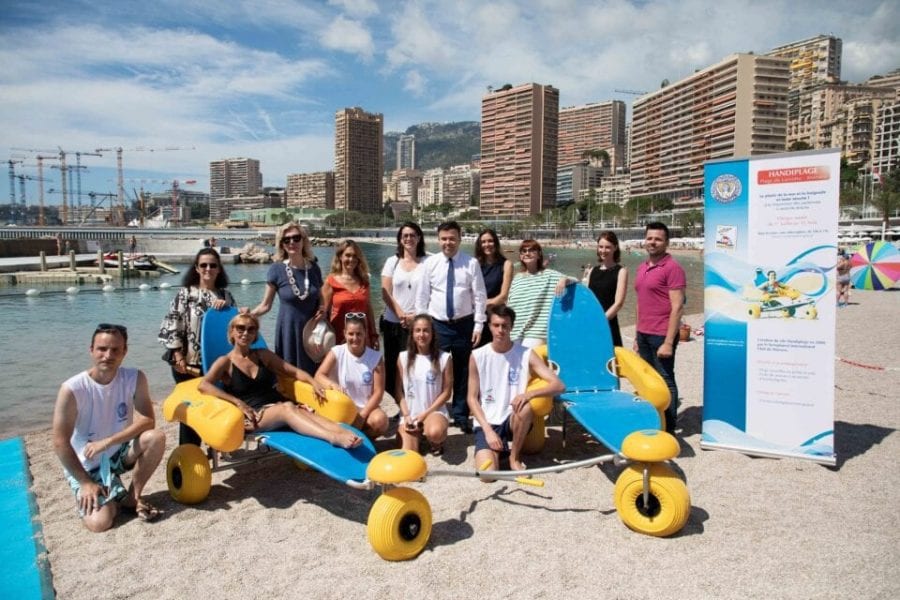The Principality now has an e-Embassy in Luxembourg, a digital innovation that is designed to protect Monaco’s sensitive data in the event of a cyberattack or natural disaster.
The Principality’s e-Embassy on Luxembourg soil was officially born on 15th July when Monaco’s Minister of State Pierre Dartout and Luxembourg Prime Minister Xavier Bettel signed a bilateral agreement.
It is the first of its kind for Monaco and offers the same guarantees of inviolability and immunity as those granted to a physical embassy.
The deal safeguards sensitive computer data in the case of a natural disaster or cyberattack in the Principality. It means that Luxembourg will host the digital twin version of Monaco’s sovereign cloud.
“This e-Embassy was designed and built in Luxembourg, but with our security standards to ensure the sovereignty of our national digital data,” said Monaco’s Interministerial Delegate in charge of the Digital Transition Frédéric Genta, the main architect of the agreement.
Estonia was the first country to establish an e-Embassy in Luxembourg in 2015, and Monaco is the second. The concept of e-Embassies is an innovation in diplomatic relations that ensures the hosting of sensitive data in a friendly country combined with guarantees of immunity.
While it is a totally new concept in international law, the same rules apply as they do for actual embassies – the data centres constitute sovereign territory of the country that owns the data.
The data saved in these virtual embassies are copies of a country’s most sensitive and confidential data, or even digital twins of a country’s ‘cloud’. Thus in a world in which cyberattacks are on the increase, e-embassies are designed to help protect vital data and services that are essential to the smooth running of a country, thereby reducing the potential impact of a cyberattack.
Photo of Pierre Dartout and Xavier Bettel by SIP – JC Verhaegen
Monaco establishes its first e-Embassy in Luxembourg



